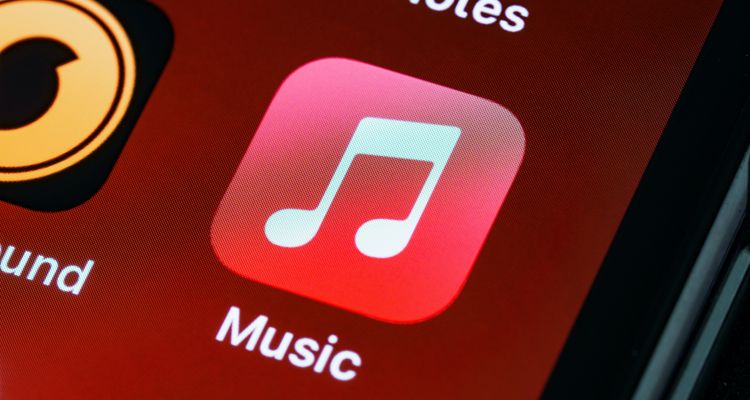Photo Credit: Brett Jordan
Apple has officially raised the price of services including Apple Music, which now costs $10.99 per month for individual subscribers residing in the United States.
The Cupertino-headquartered company rolled out the updated pricing for Apple Music (as well as Apple TV+ and, in turn, the Apple One bundle) today. Per the retooled Apple Music landing page, individual monthly plans now cost $10.99 in the U.S., and 9to5Mac has specified that “proportionally similar” raises are in place for subscribers in international markets.
Meanwhile, Apple Music’s annual subscription option for individual accounts has increased from $99 to $109, whereas the family plan now comes with a $16.99-per-month price tag in the States (up from $14.99). An Apple representative attributed the upticks to “an increase in licensing costs” and communicated that “artists and songwriters will earn more for the streaming of their music.”
Predictably, Apple Music’s student plan – the price of which only jumped from $4.99 to $5.99 per month over the summer – will remain the same, as will the Apple Music Voice option, which arrived on the scene towards 2021’s end and costs $4.99 per month, higher-ups reiterated.
Spotify raised the U.S. price of its own family plan to $15.99 per month in Q2 2021, and as of May of 2022, Amazon Music Unlimited has set domestic Prime subscribers back $8.99 per month (up from $7.99), compared to $4.99 per month for Amazon Music’s single-device option.
But Apple Music (which reportedly boasts a larger song library than Spotify) has become the first of today’s major music streaming services – Spotify, Amazon Music, Tidal, and Deezer among them – to elevate individual plans past the $9.99 mark in the U.S. Needless to say, it’ll be worth following the move’s impact on subscriber additions during the coming months and years.
(Apple, which is expected to release its next earnings report on Thursday, doesn’t publicly break down subscribership figures by offering, such as Apple Music and Apple TV+. However, execs previously indicated that total paid subscriptions, across all services, had cracked 860 million during the latter reporting period.)
It’ll likewise be interesting to see when Apple Music’s aforesaid competitors ultimately move to raise the price of their respective individual tiers.
Spotify in particular has made headlines for its apparent resistance to boosting the plan’s cost (though a $20 “platinum plan” could be in the works). Just last month, for instance, CFO Paul Vogel appeared to signal that the price hike, while potentially on the horizon, isn’t part of his company’s near-term plans, which include an aggressive push into the audiobook sphere and other areas.
“We do think over time, we will have opportunities for pricing,” Vogel relayed. “We’ve done it a little bit in the past. We haven’t done it more recently. We did it a little over a year ago. But obviously, the economic situation right now is also one where you’re going to be mindful of it, and it’s not something that necessarily we think we need to do right now. But we obviously think we have pricing over time.”
Spotify is set to post its Q3 earnings tomorrow, and shares (NYSE: SPOT) spiked by 6.72 percent today, to $94.66 apiece, following news of Apple Music’s heightened pricing.

